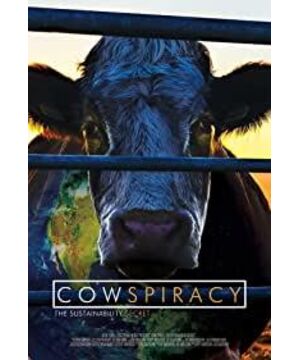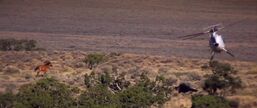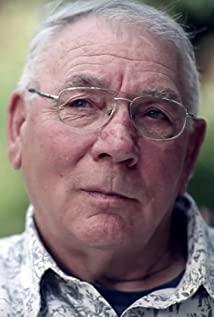Why do you say that? For example, you can produce 10 tons of forage with 100 tons of water and 1 ton of beef for feeding with 10 tons of forage. So 1 ton of beef = 100 tons of water? It's obviously not the same. With 100 tons of water, the water content of animals and plants is about 70%. 10 tons of forage occupies up to 7 tons of water. The remaining 83 tons of water has been absorbed and evaporated by the soil and returned to the natural water cycle. The soil will not absorb water indefinitely, and water will not leak down indefinitely. On the one hand, the bottom of the soil is dense, and on the other hand, the water storage below is saturated. 100 tons of water to produce 10 tons of forage only allows most of the water to return to the water cycle. The same is true for the production of beef from forage. The material quality is conserved. It does not mean that if you eat a hamburger, there is so much fresh water in nature. The fresh water turns into water vapor and re-enters the circulatory system. Part of it forms rainfall and returns to the land. Another part of the rain returns to the ocean, the water in the ocean will evaporate, and then the rain will fall back to the ocean or land.
Then I talk about the methane and carbon dioxide produced by animal feces. Then I’m very surprised. For hundreds of millions of years, the earth has always been full of animals and plants. In many cases, the number of animals living on the earth is much greater than it is now. Manure is also much more than it is now. Why hasn't this damaged the earth's atmosphere for a long time? Because living things are part of the natural world, the earth has the function of repairing the results of this factor itself, and living things and the environment are integrated. Biological feces can be decomposed and used by some low-level organisms. For example, dung shellfish and fish and shrimps can be eaten and distinguished. Animal feces are an important link in another food chain.
The burning of fossil fuels produces 18% of greenhouse gases, and the livestock industry produces 51% of greenhouse gases. Where does the remaining 21% come from? Doesn’t it mean that most of the remaining 21% comes from natural emissions from forests, grasslands and wetlands?
But animal husbandry is definitely harmful, because more land is needed to grow fodder such as forage, soybeans, and corn. Therefore, forests and grasslands have been turned into farms and pastures, reducing the living space of other animals. But the reason for deforestation is not just to develop agriculture and animal husbandry, it also has other reasons:
1. Expanding the area of arable land or obtaining arable land
2. Demand for wood for fuel
3. Demand for wood for industrial use such as paper
4. Demand for wood for construction and wood for furniture
5.
Documentary films of land occupation for road construction and building houses I didn't finish reading it. Half of it was awkward. I can't stand the headache anymore. Please point out what I said wrong.
View more about Cowspiracy: The Sustainability Secret reviews











